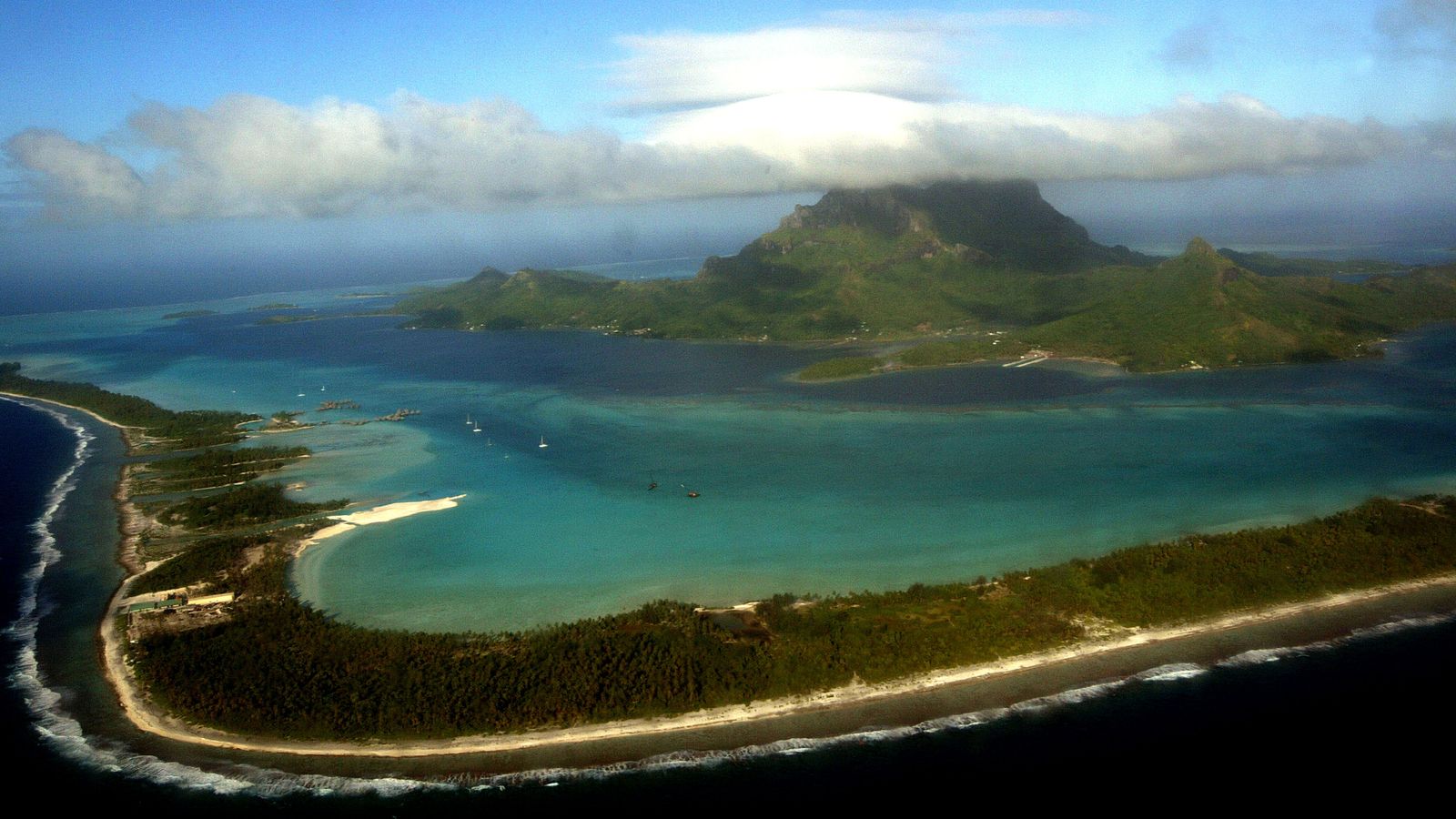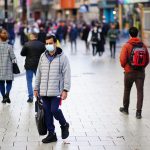Advice not to travel to 32 countries due to COVID has been lifted by the government – meaning insurance firms will again cover them.
Fiji, Gambia, Malaysia and Bangladesh are among the countries the Foreign Office will no longer be advising against all but essential travel to.
This means that travel insurance will again cover people travelling to those countries as many companies use that advice as a reference point to exclude cover for places.
However, it does not mean all those countries are allowing international travellers in so they should check entry requirements.
Advice is expected to be lifted for more countries in the coming days.
However, the government may re-implement the rules in “exceptional circumstances” such as if local healthcare is being overwhelmed by a domestic COVID outbreak.
Some countries will continue to carry the advice to not travel there apart from essential travel, but it will not be due to COVID and instead will be because of other circumstances in the country, such as instability. Travel insurers will continue to not cover them.
COVID-19: UK records 39,851 new cases and 143 coronavirus-related deaths, daily figures show
COVID-19: Republic of Ireland and West Brom striker Callum Robinson says he has chosen not to have vaccine
‘COVID toes’ may be side effect of body fighting virus, study finds
Countries on the red list will continue to have a warning against all but essential travel, but the government has said it will remove more countries from the red list soon.
This is the full list of countries that travel advice has been eased for:
Algeria; Armenia; Bangladesh; Belarus; Benin; Comoros; Tokelau and Niue; Djibouti; Equatorial Guinea; Fiji; Gambia; Guinea; Kazakhstan; Kiribati; Kosovo; Liberia; Madagascar; Malaysia; Marshall Islands; Micronesia; Nauru; Sao Tome and Principe; Senegal; Solomon Islands; Togo; Tonga; Tuvalu; Vanuatu; Congo; American Samoa; French Polynesia; and Ghana.
The government said the advice has been lifted for those countries in light of the improved public health in those nations, better understanding of the virus and the decreased risk to people coming from the UK as a result of the vaccine rollout.
Foreign Secretary Liz Truss said the move will “make travelling more straightforward” and support businesses and families.
“We’re striking the right balance between keeping people safe, which remains our priority, and giving them the freedom to exercise personal responsibility while supporting the travel sector as it continues to recover,” she added.
The move is part of a simplified system for international travel, with the COVID traffic light system for travel simplified on Monday so there is now only a red list.
Anybody who now arrives in the UK from a non-red list country and who is fully vaccinated against COVID-19 – and everyone under 18 – does not have to take a pre-departure test.
They also do not have to take a PCR test eight days after arrival or isolate at home, but still have to take a test on the second day after arrival in the UK.
People arriving from red list countries still have to take a pre-departure test, quarantine in a hotel for 10 days and take PCR tests on day two and eight.
Anybody planning to travel overseas should check gov.uk and local advice for entry requirements, including vaccination requirements.






















